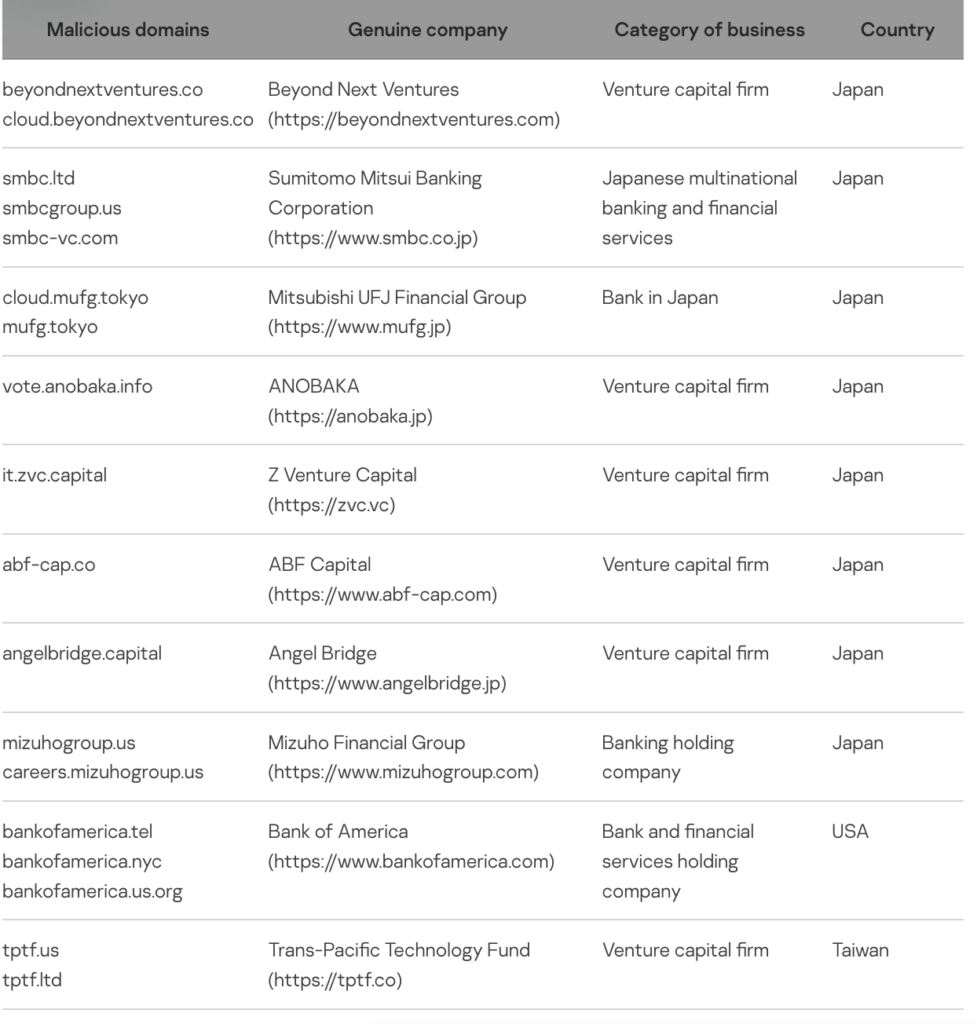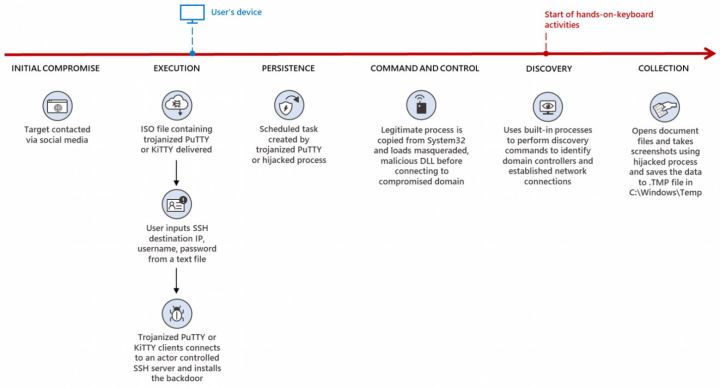(LEAD) Chinese hackers attack 12 S. Korean academic institutions: KISA
(ATTN: ADDS photo, more details in last 7 paras)
SEOUL, Jan. 25 (Yonhap) — South Korea’s internet safety watchdog said Wednesday a Chinese hacking group has launched a cyberattack against 12 South Korean academic institutions.
The Korea Internet & Security Agency (KISA) said the attackers hacked into the websites of 12 institutions Sunday, which included some departments of Jeju University and the Korea National University of Education.
Most of the 12 websites, including that of the Korea Research Institute for Construction Policy, were still unavailable for access as of 10 a.m. Wednesday.
KISA said the Chinese hacking group had warned of a cyberattack against multiple S. Korean agencies, including KISA.
But the internet watchdog’s site was not affected, it said.
The Chinese hacking group, identifying itself as the Cyber Security Team, claimed it had successfully compromised the computer networks of 70 South Korean educational institutions around the Lunar New Year holiday that ran from Saturday to Tuesday.
The group also warned that it will disclose 54 gigabytes of data it claimed to have stolen from South Korea’s government and public institutions.
The Ministry of Science and ICT asked government agencies and individuals to stay vigilant against rising hacking threats.
Science Minister Lee Jong-ho visited the Korea Internet Security Center on Tuesday to check on the security posture against possible cyberattacks.

(END)





